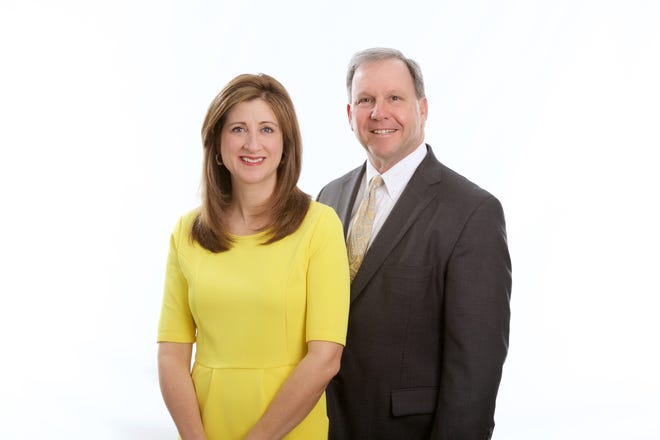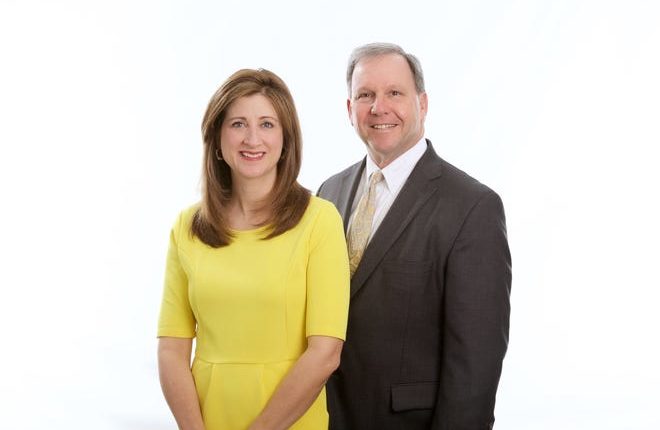Question: Tom and Anita from Springdale: How can we reduce the chances that we will have to pay taxes on our Social Security benefits?
A: First of all, we are glad that you recognize that there is a chance that your benefits will be taxable – because not everyone knows this, although, according to the Social Security Administration, 40% of beneficiaries have to pay a certain amount of federal taxes.
Currently, if you are married and filing taxes together, your ‘temporary income’ (adjusted gross income + non-taxable interest + half social security benefits) must be less than $ 32,000 to pay zero tax on your benefits. If this number is between $ 32,000 and $ 44,000, you will pay federal taxes up to half of your fees; and you will be liable to tax up to 85% of your fees if your temporary income exceeds $ 44,000. So the key to reducing the chance of not paying taxes at all comes down to staying below that $ 32,000 threshold.

How can this be achieved? Consider: Reduce your taxable income by withdrawing funds from a tax-deferred account (like an IRA) after age 59, but before you start applying for Social Security; use of the Roth IRA and / or Roth 401 (k) because withdrawals from these accounts are not counted as taxable income; and / or after you turn 70 ½, make a Qualified Charitable Distribution (QCD) directly from the IRA to your favorite charity, instead of taking the distribution and printing a check.
Allworth’s advice is that reducing your tax burden on your Social Security benefits must include some sort of well-planned withdrawal strategy (the above suggestions are just a few potential options). If you are not comfortable doing this on your own, a fiduciary financial advisor can help.
Q: Sean of Blue Ash: Is there anything wrong with not using a credit card? What if I have it but never really use it?
AA: Yes, there may be little risk if you do not use a credit card issued on your behalf. In particular, your credit score may be affected. But it depends on the time period in which there is no activity: if you don’t use it for a few months, there really shouldn’t be a problem; but if you have gone through a longer, longer period of time without using it, the card issuer may close the account. And this is a case where your credit score could be negatively affected.
Here’s how: If you lose a line of credit, the “credit utilization” ratio is likely to increase as your available loan amount decreases. For example, let’s say you have two credit cards with $ 10,000 available credit ($ 20,000 in total) and you use $ 5,000 of that per month. Your loan utilization ratio would be 25%. But if one of these cards is closed and your spending stays the same, your ratio is now 50%. The lower this ratio, the better – so an increase can be detrimental. In fact, the use of credit is so important that it makes up about 30% of a FICO credit score (the most common type of credit score).
In addition, the age of the closed account can harm your score. If it’s one you’ve had for a long time, you’ll lose all of her credit history and subsequently reduce the average age of your accounts. And in the world of FICO results, longer credit histories are preferred. This factor accounts for about 15% of FICO scores.
Here’s an Allworth tip: Use a credit card from time to time for credit ratings. Even buying something cheap – like a $ 2 coffee – once a month signals to the card issuer that you are an active customer.
Every week Amy Wagner and Steve Sprovach, Allworth Financial, answer your questions. If you, a friend or someone in your family has a financial difficulty or problem, feel free to send these questions to yourmoney@enquirer.com.
The responses are for informational purposes only, and individuals should consider whether any general recommendation in those responses is appropriate to their particular circumstances based on the investment objectives, financial situation, and needs. To the extent that the reader has any questions regarding the applicability of any of the above issues to his / her individual situation, he or she is encouraged to consult with a professional advisor of his or her choice, including a tax advisor and / or attorney. Retirement planning services provided by Allworth Financial, an investment advisor at the SEC. Securities offered through AW Securities, a registered broker / dealer, member of FINRA / SIPC. Call 513-469-7500 or visit allworthfinancial.com

